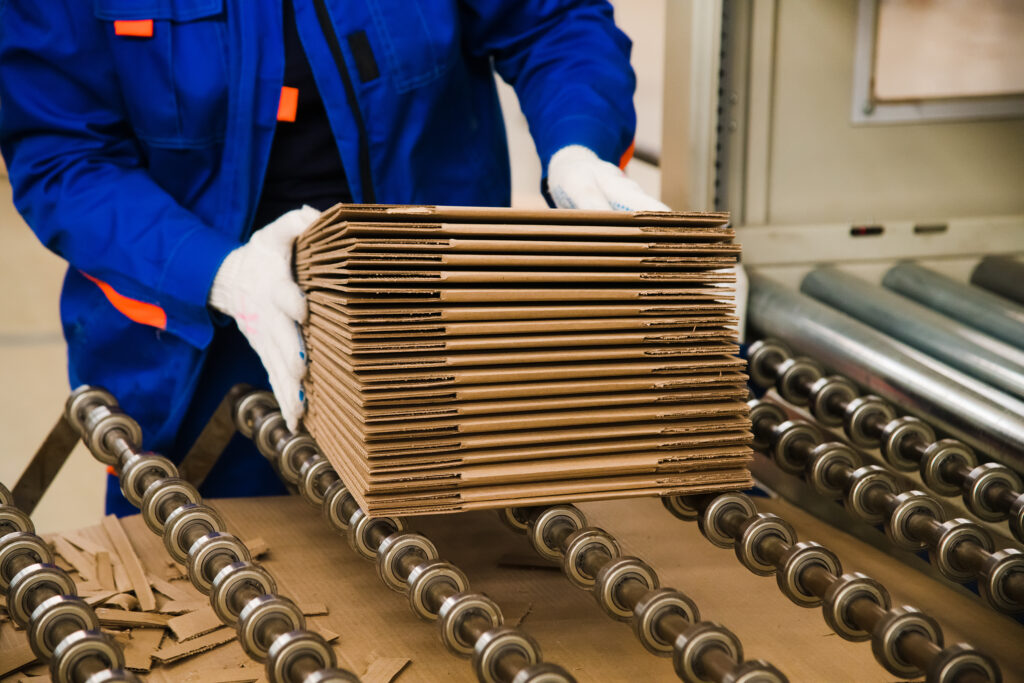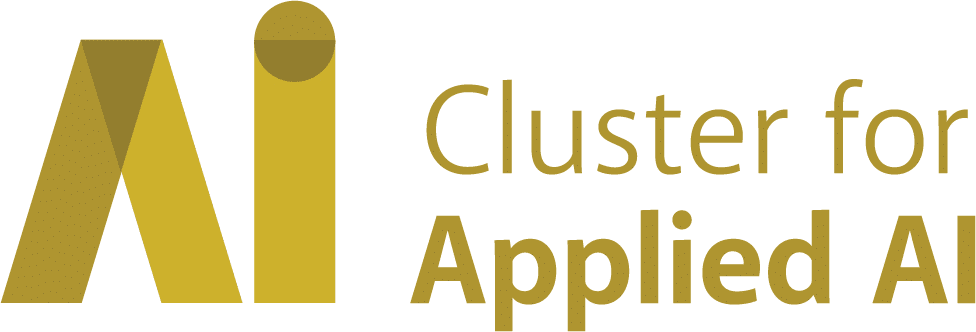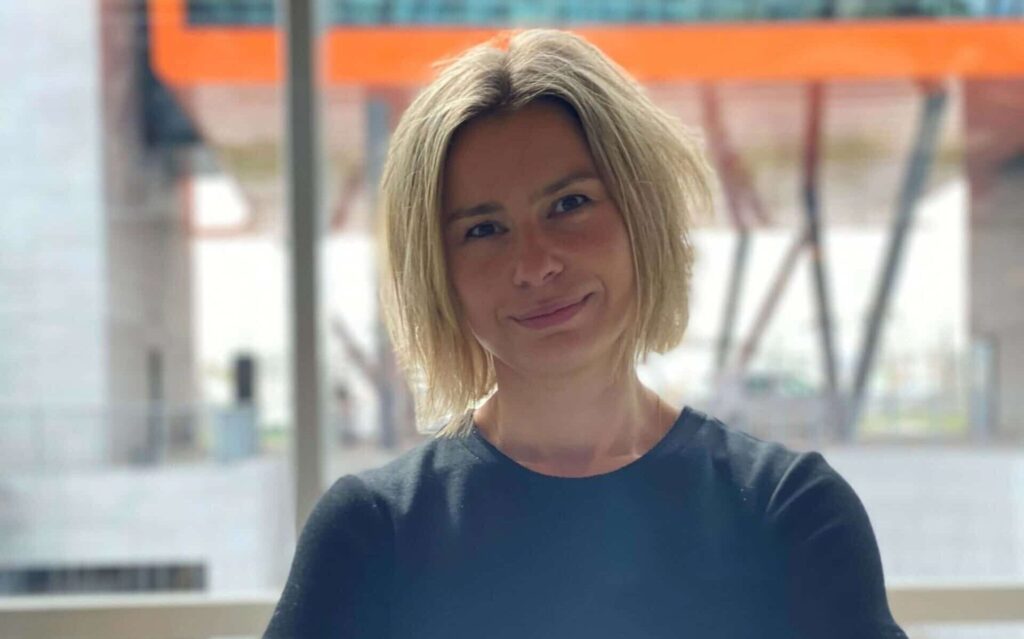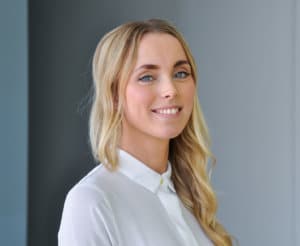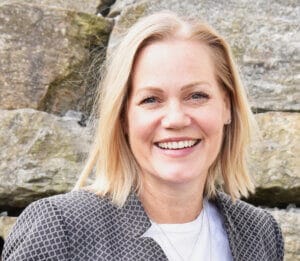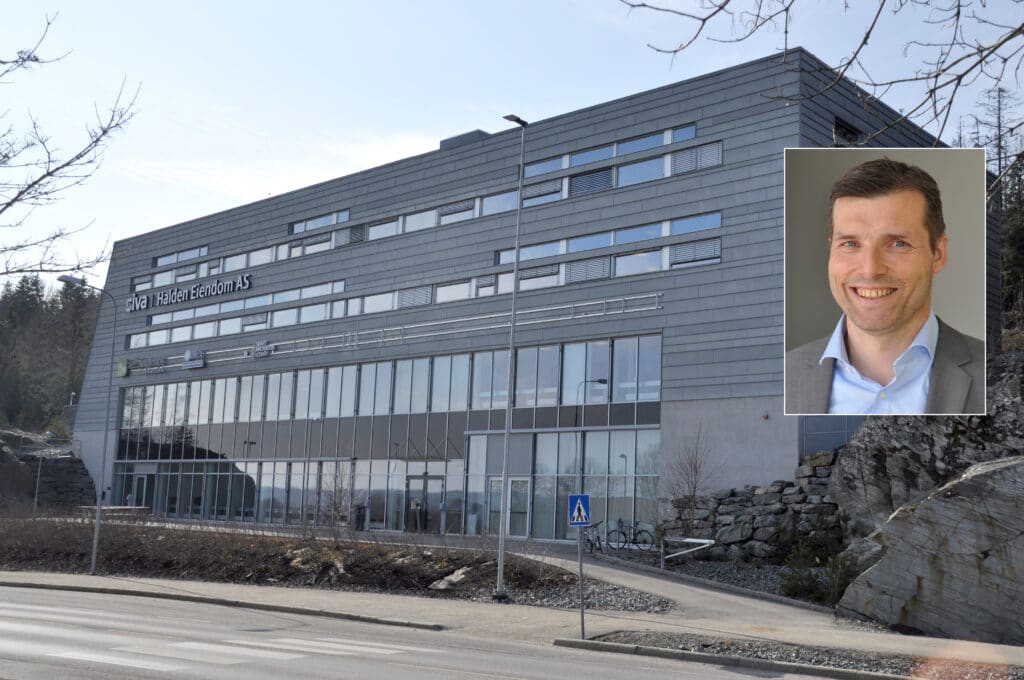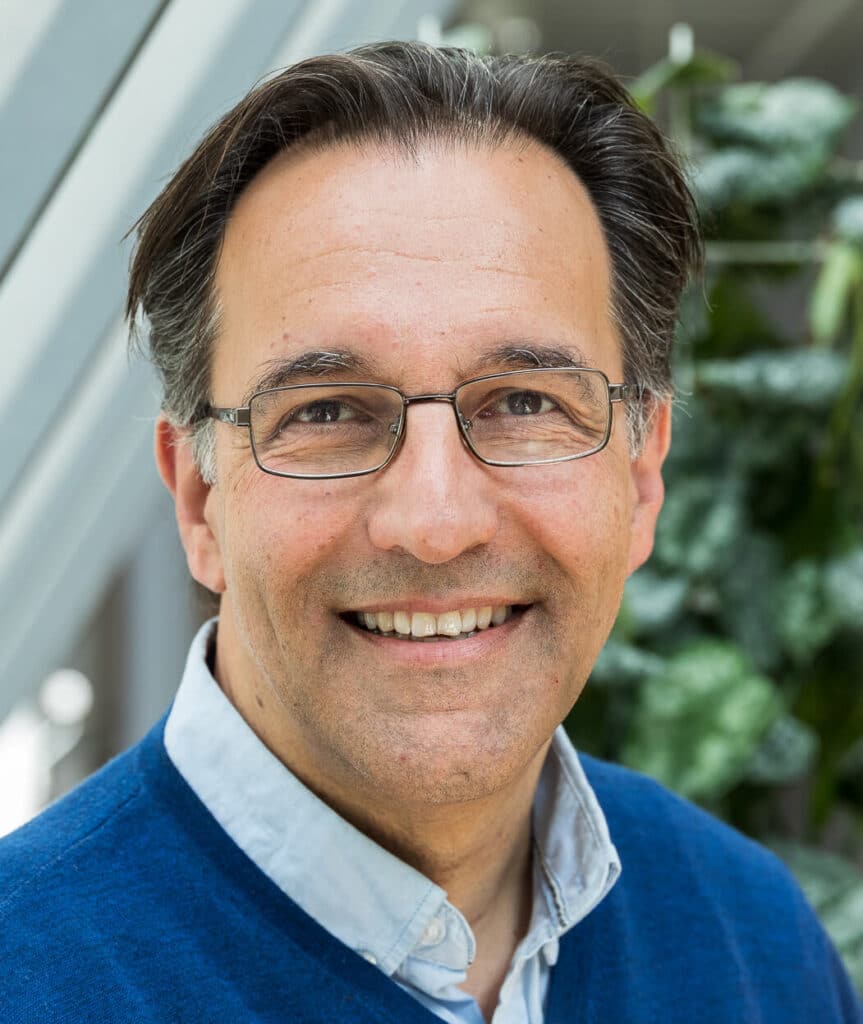In today's world, cooperation, community and participation are becoming increasingly important. It is felt outside Europe, and it is felt at home.
As a consequence of this societal development, Smart Innovation Norway is strengthening and expanding its investment in business clusters, smart cities and social science research. The company launches Smart Innovation Communities and prepares itself for further work by hiring more wise minds, entering into new and exciting agreements, working further
- A strength for being awarded new EU projects
- This is very exciting. There is naturally a difference in innovation by the municipalities in the Smart City work and by the private business life in our clusters, but many times there are the same drivers and the same challenges that are faced, and often the same tools that we need to use in use. Although we work in slightly different ways in the different areas, a lot is about creating security and commitment to driving innovation through sustainable thinking and making use of digitization opportunities. The Smart City work and the cluster economy are very closely linked, says manager of Smart Innovation Communities, Eli Haugerud.
Outside of Europe, there is a large and ever-increasing focus on the human aspect of research projects and innovation work. Smart Innovation Norway's research area for this is called Social Innovation. This competence is very relevant for both municipalities and cluster partners. Customer, citizen and user understanding is central to all innovation, and Social Innovation will therefore also focus on Smart City research going forward.
- We want to put the users in focus, and that is exactly what our social science researchers are doing. They look at the users and the users' needs and how innovation affects them, says Haugerud.
Each focus area will stand stronger by working even more closely together. Municipalities in Smart City work can be pilots in several social science innovation projects both in Norway and in the EU. The clusters know the business world and can contribute with the right research partners. The social science researchers contribute to the smart city projects and the cluster work with the human approach to the innovation work.
- This will be a strength for us when it comes to being awarded new and relevant EU projects, states Haugerud.
More learning between private and public actors
Over half of all value creation in Norway takes place in the public sector. One of Smart Innovation Norway's most important tasks is to help others become better at innovating, and the municipalities and public companies are important players both as customers and as clients for Norwegian business.
Creating a good interaction between the public and private sectors is absolutely essential, and the managing director of Smart Innovation Norway, Kjell Reidar Mydske, clearly sees that Smart Innovation Communities will improve and increase the innovation work of both parties.
- It is a strength of ours that we can use the expertise we have in and around the public and private sectors to mutually strengthen each other so that we both get better. Through Smart Innovation Communities, resources can work more and better crosswise, expertise is shared more, and we open up even more learning between the private and public sectors, he points out.
Mydske is satisfied that the Halden company is further developing its many years of good work within Smart City. The EU is very clear that Smart City and user participation are important, and the term "communities" describes a methodology which, among other things, is about working openly and together in order to be able to realize and commercialize research.
- We must invest in open innovation. We have to cooperate. The alternative is for the technologies to be developed and the innovation to take place in companies in China and the USA which will next come here and sell their services here. The EU will counteract that. That's why the EU is betting on "communities", and that's why we're betting on Smart Innovation Communities, says Kjell Reidar Mydske.
CONTACT:
Eli Haugerud,
Manager, Smart Innovation Communities
Email
Telephone: +47 995 44 711
FACTS:
• Smart Innovation Norway AS conducts independent, applied research and specializes in research-based business development within smart energy, smart societies and new technology.
• One of Smart Innovation Norway's main tasks is to promote innovation among public and private actors.
• Many years of experience with innovation work is behind the company's launch of Smart Innovation Communities, which is a strengthening and expansion of the company's investment in cluster operations, Smart City work and social science innovation.
• In order to be able to contribute to innovation in an even better way in both the private and public sector, Smart Innovation Norway links the professional areas even more closely together and opens up for more collaboration across the board.
• The aim is to increase the pace of innovation and to realize and commercialize even more of the innovation through Smart Innovation Communities.
